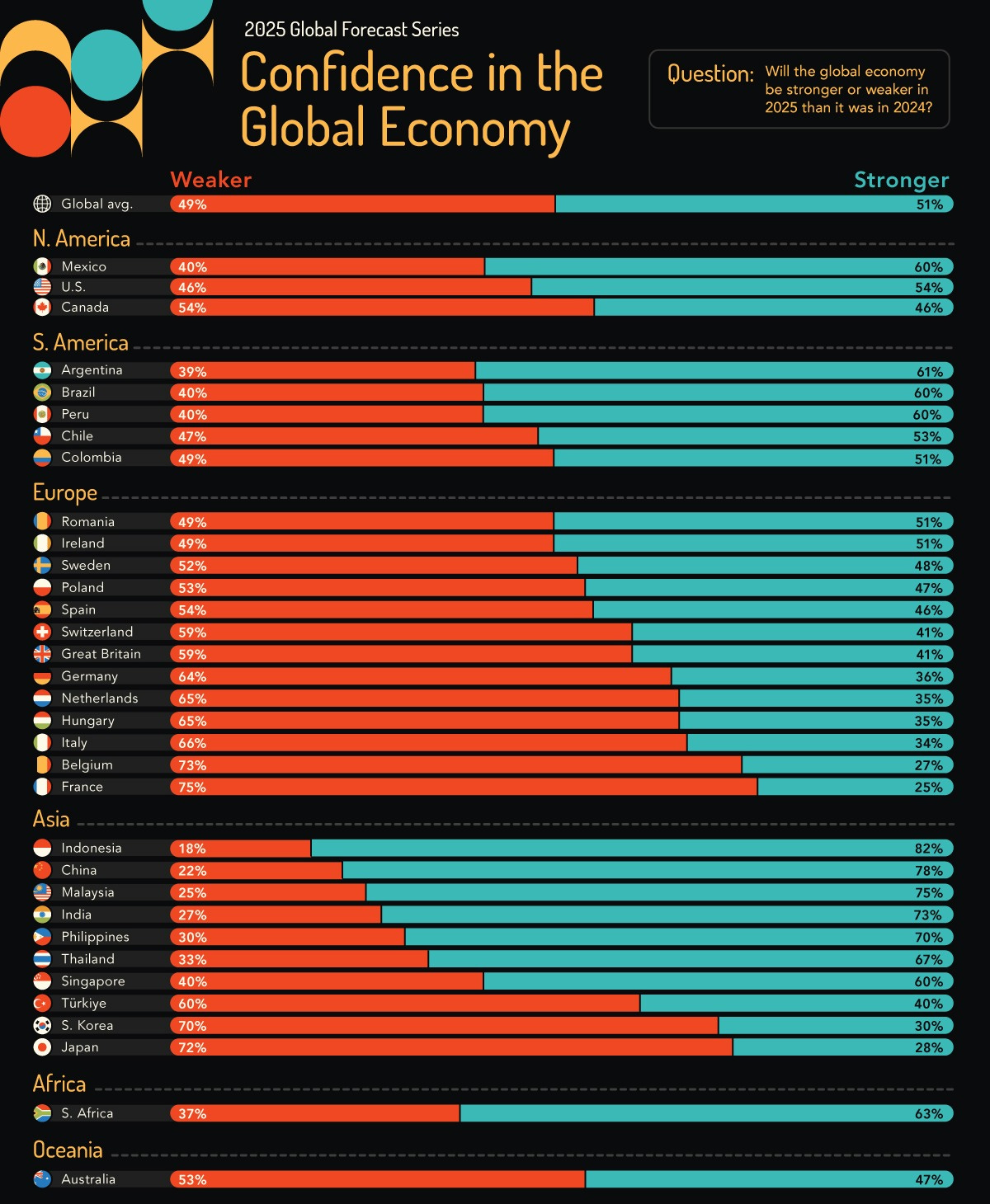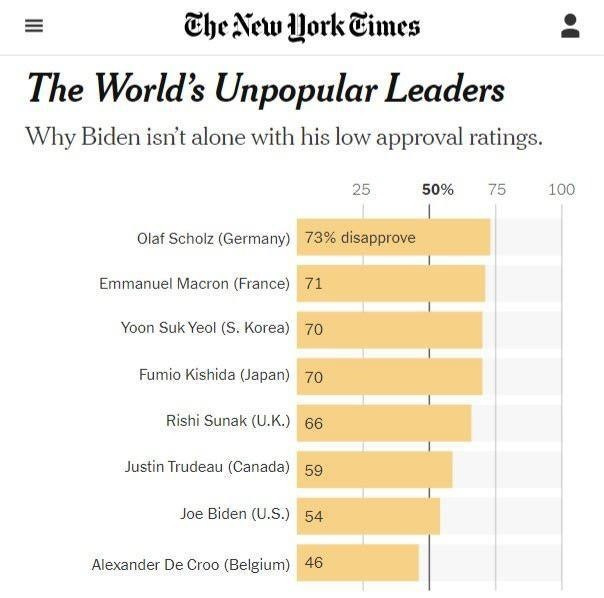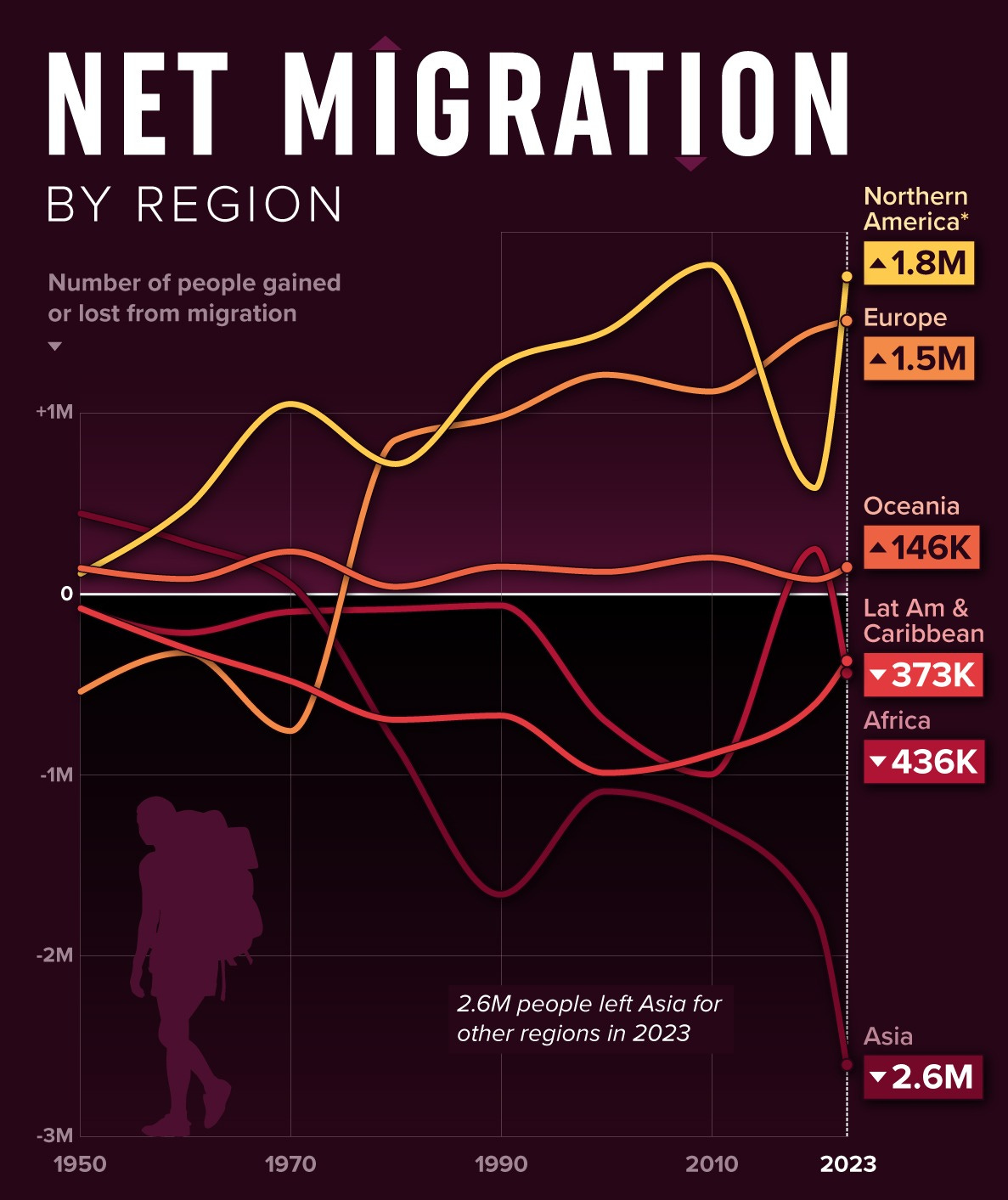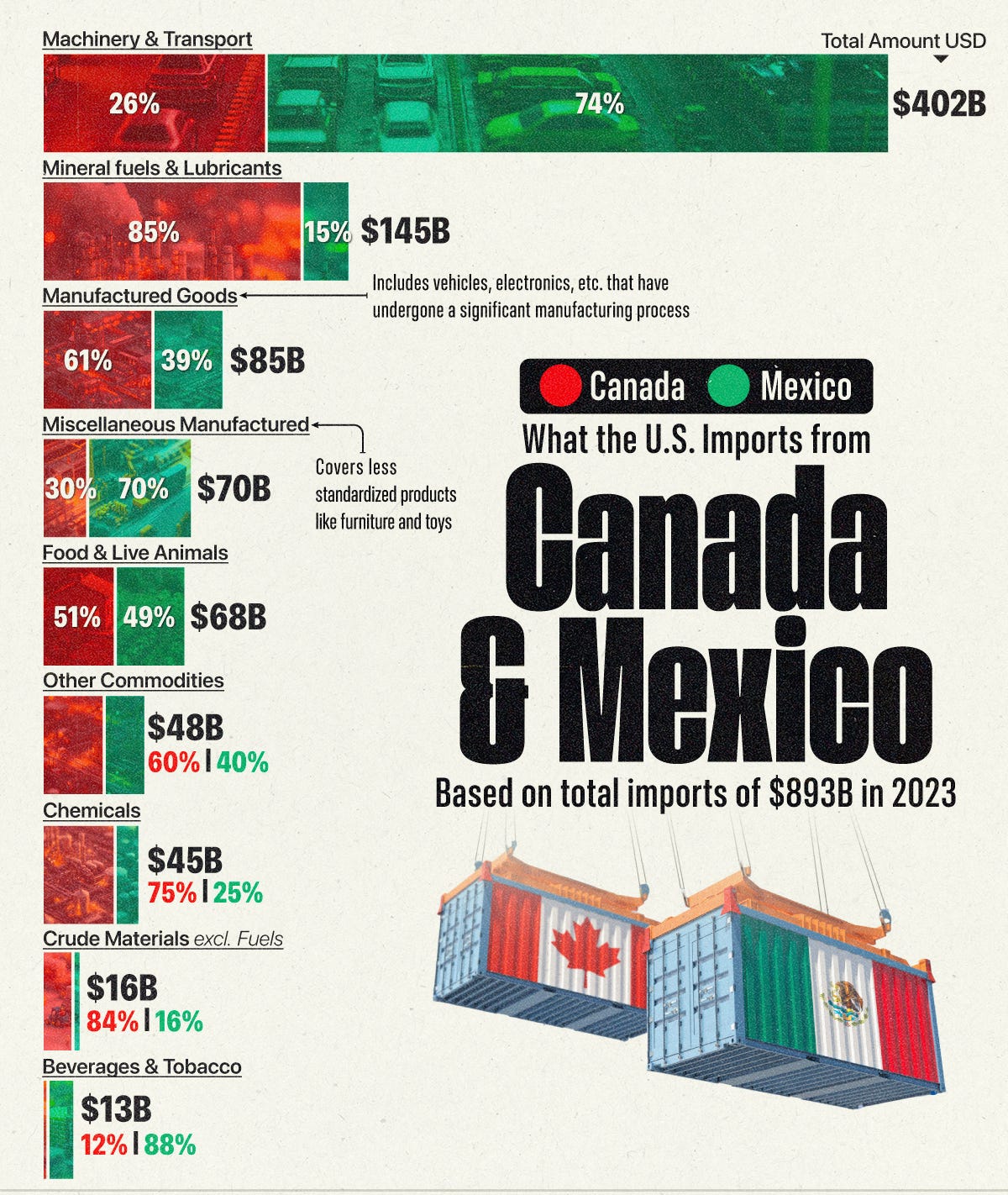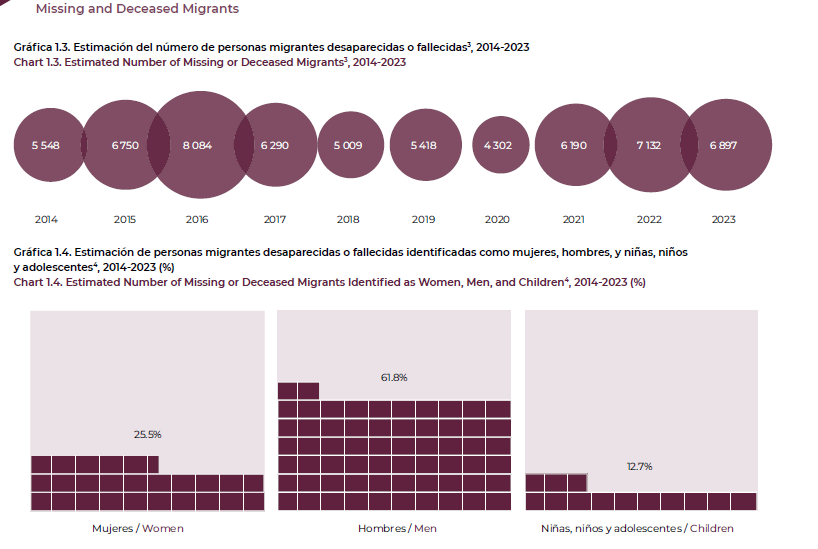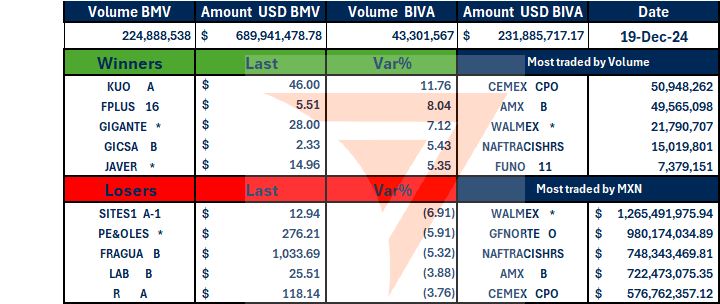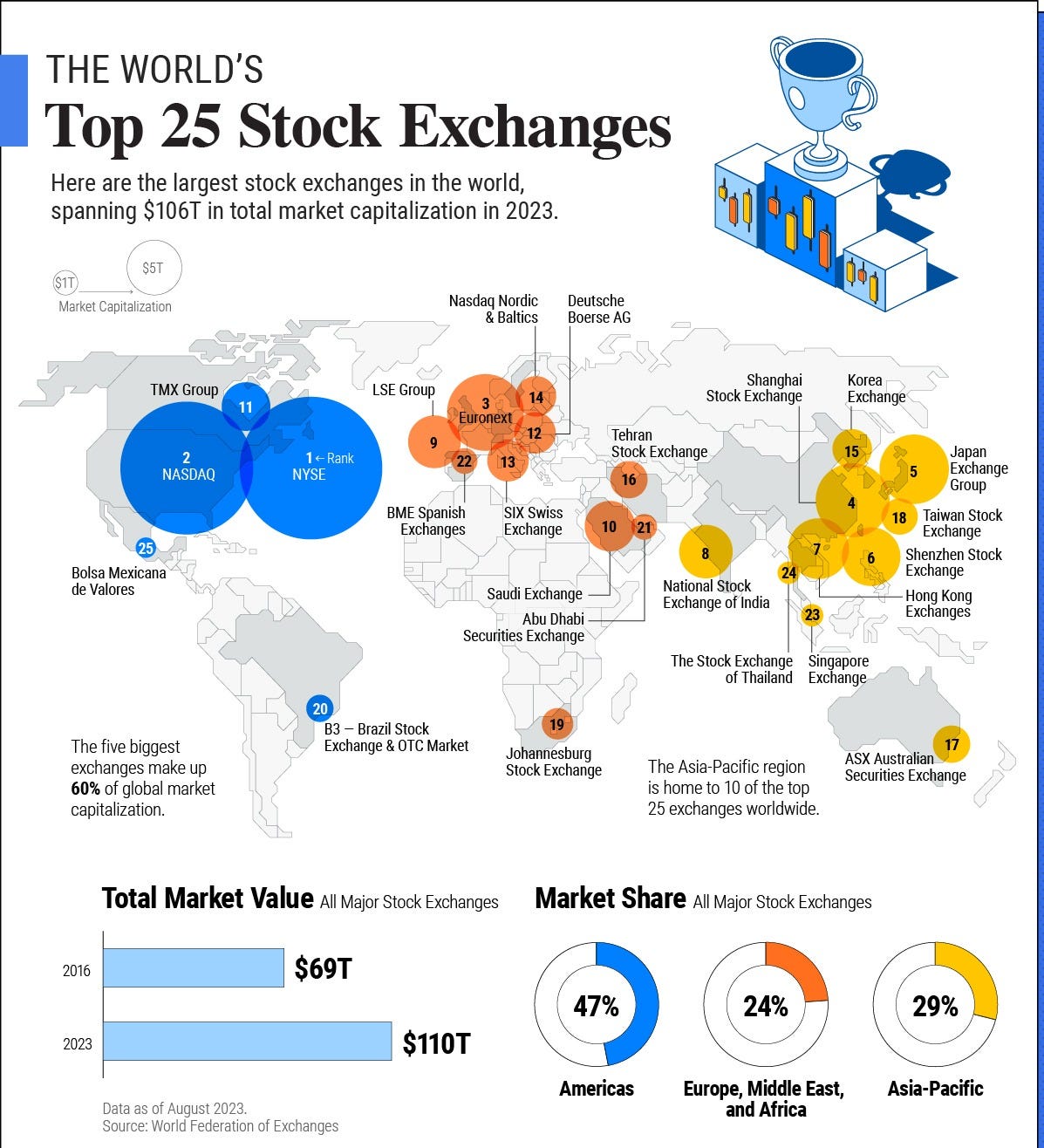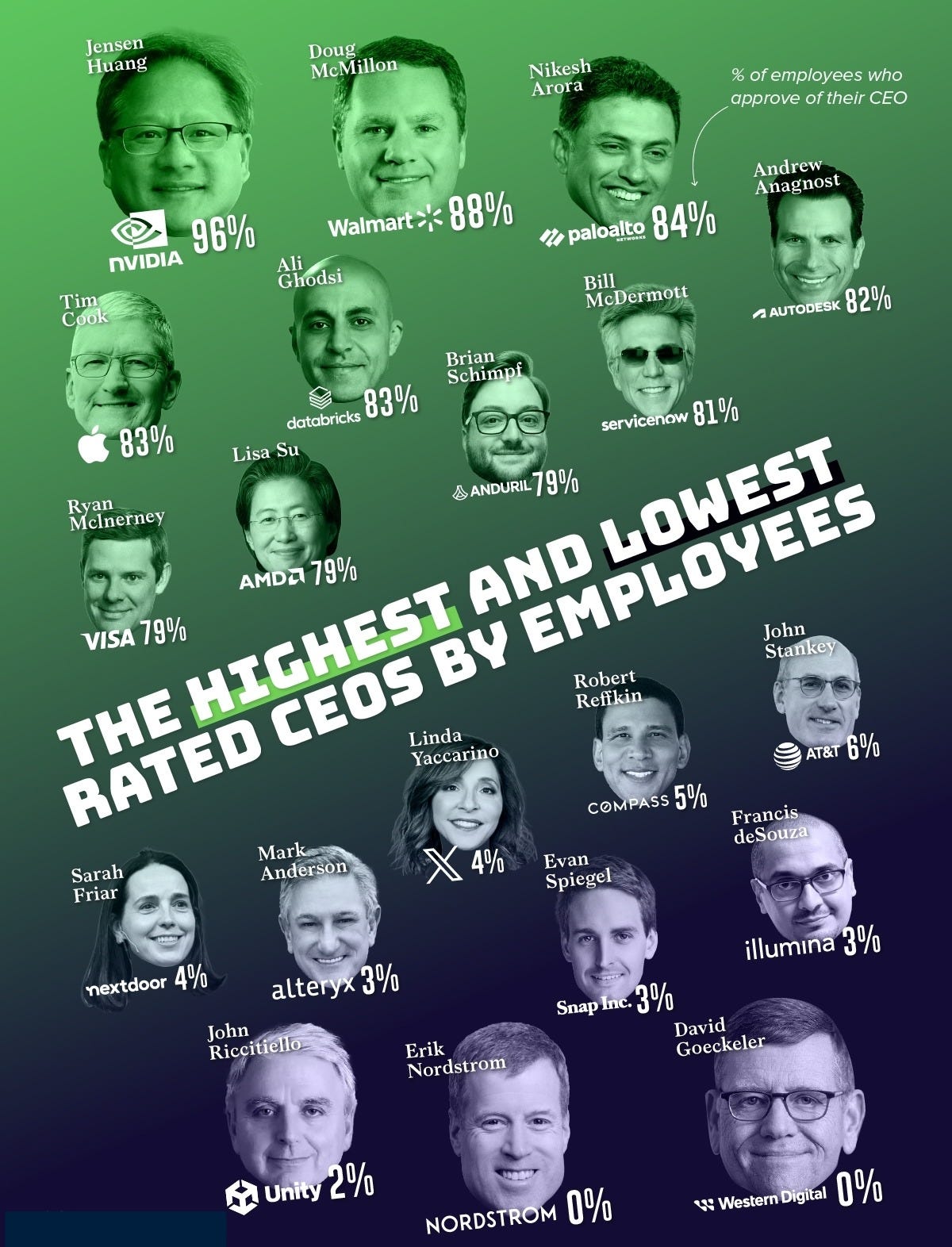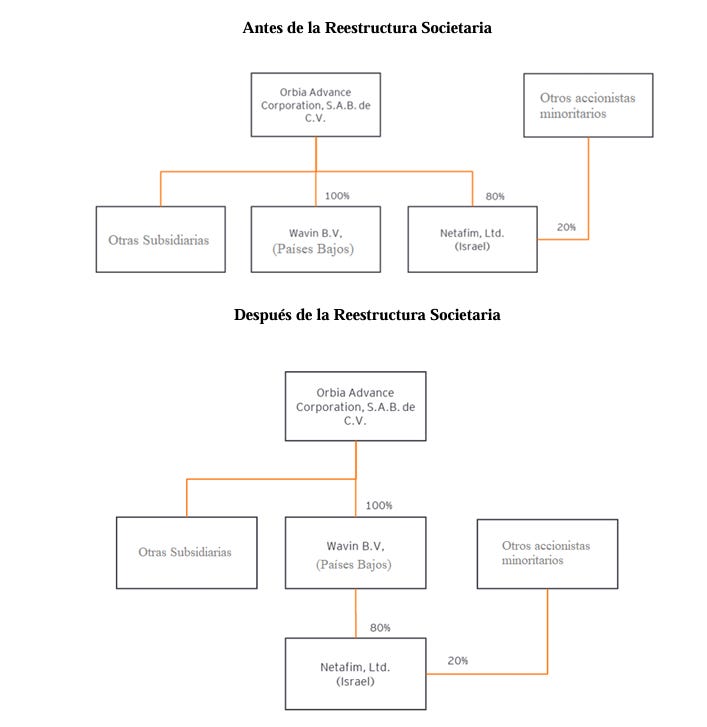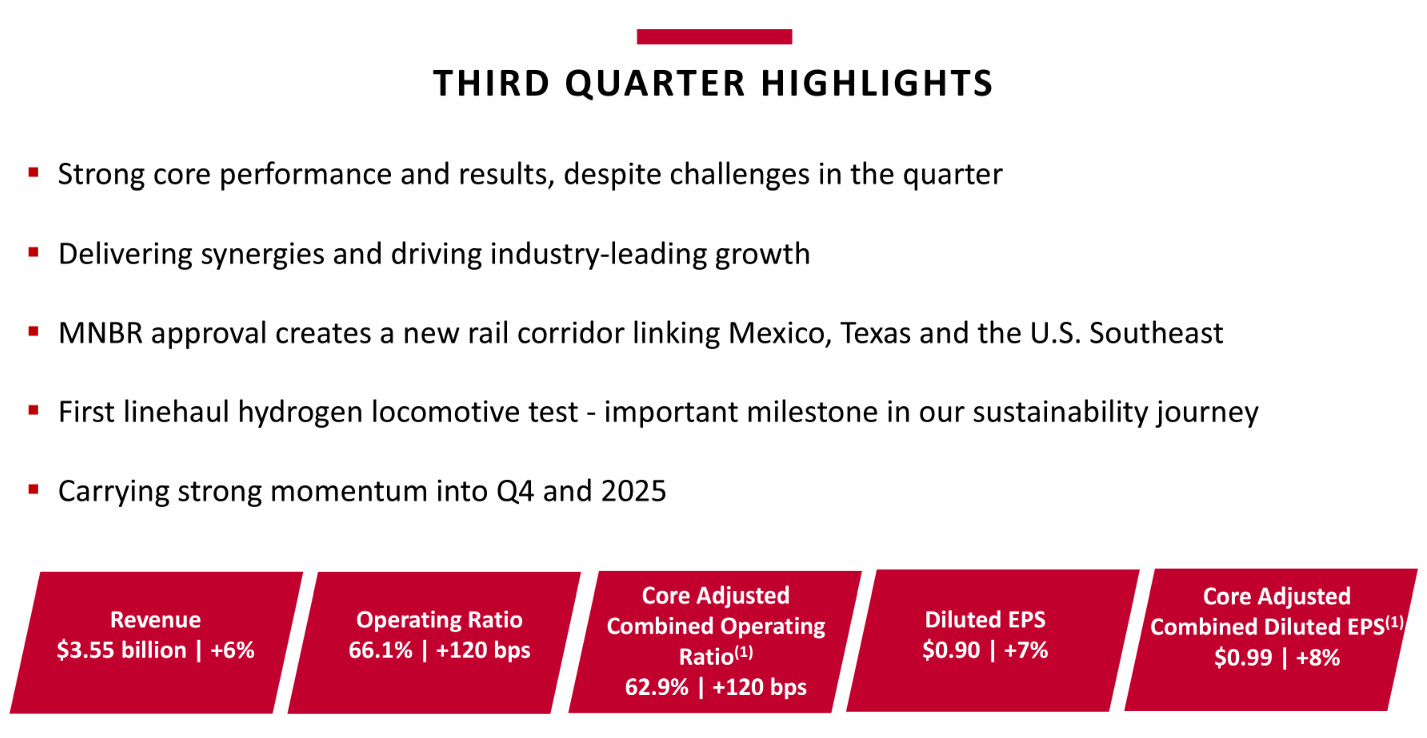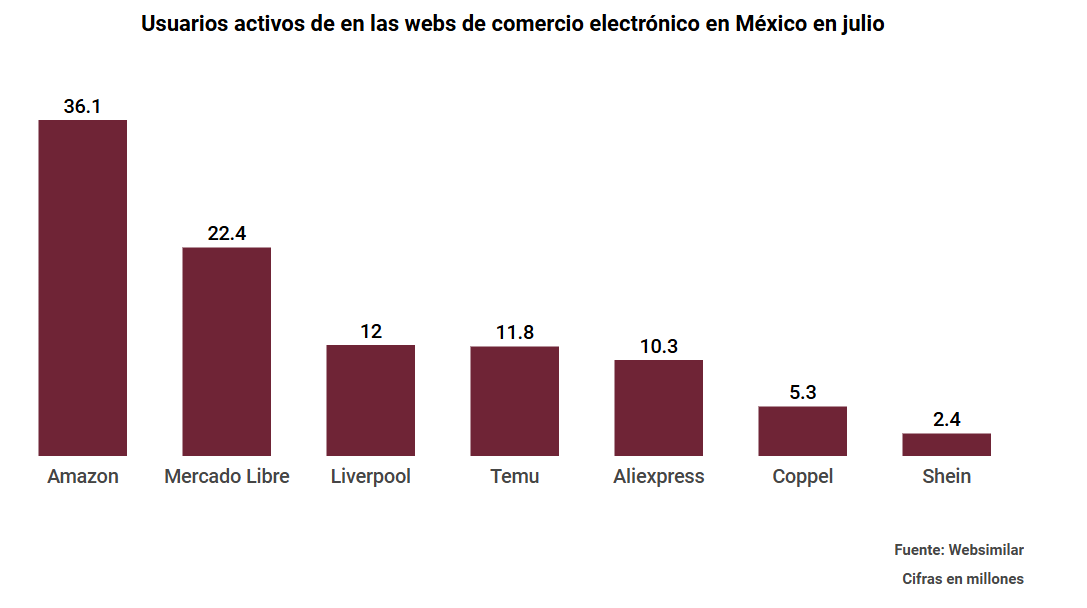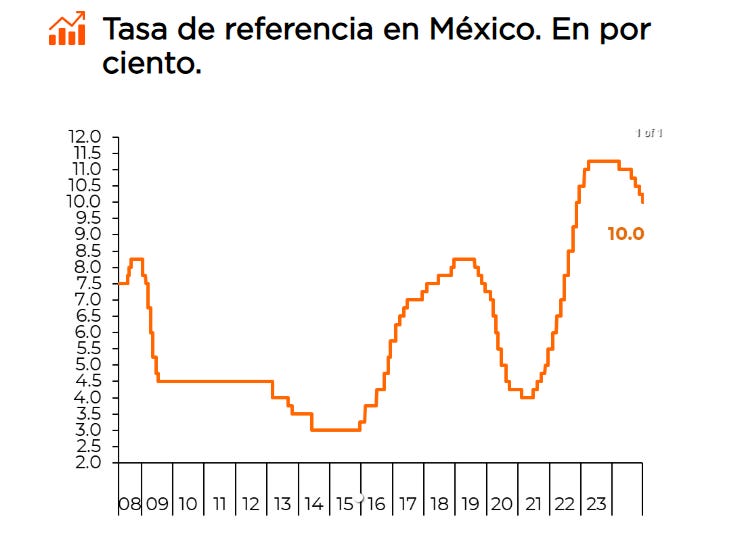MEXICO: TRUMP COMING FOR SHEINBAUM
President Sheinbaum is a “giant” who is ready to face the Trumpian assault, which has already shaken Mexico and caused uncertainty and distrust in the markets.
Trump Has Already Devoured Trudeau, Now He’s Coming for Sheinbaum
The way the astute and crafty Donald Trump wrapped up and consumed Canadian Prime Minister Justin Trudeau makes it clear that the imminent President of the United States, when he threatens with a protectionist economic policy, a harsh and ruthless immigration policy, and a diplomacy and foreign policy that will assert the power of the U.S. to unilaterally impose its interests and priorities in international geopolitics, is a force to be reckoned with.
Like a predator that senses the fear of its prey, Trump perfectly guessed the desperation of Justin Trudeau, who is facing a severe decline in his image and popularity as Canada’s presidential elections approach next year. Trump made the Canadian premier believe that he would treat him differently from Mexico, when in reality, he was only measuring the political urgency Trudeau was experiencing. Once he had him close enough, eating out of his hand at his Mar-A-Lago mansion, he swallowed him whole, chewed him up, and spat him out, calling him “Governor” and lamenting the resignation of his iconic Finance Minister, Chrystia Freeland, who left Trudeau with a letter questioning his timidity and clumsiness in the face of Trump.
It’s true that Trudeau quickly paid the price for trying to distance himself from Mexico, asking for its removal from the USMCA, and naively believing that Trump would negotiate differently with Canada or offer a different treatment if they separated from Mexico and joined in the lynching initiated by the future occupant of the White House. But it’s also true that Justin is no rookie or naive, and that it was more about his desperation not to be overrun by Trump that led him to rush and fall at the feet of the new head of the empire. This was then exploited by the emperor to publicly brag that, even before assuming power and carrying out his verbal threats, he was already instilling fear and respect among his neighbors and trade partners.
And it must be acknowledged that, at least up until now, President Sheinbaum has been more prudent and sensible than the experienced Canadian Prime Minister, largely because she has no looming political-electoral pressure. On the contrary, she still has – fresh and almost unused – a huge democratic bonus from her historic victory in this year’s presidential election. But so far, beyond reacting and dodging Trump’s media and declarative blows, the doctor and her cabinet have not shown an effective and solid strategy to address the enormous challenge the country faces with the return of the tycoon to Washington.
So far, in the “war room” President Sheinbaum has set up, with Chancellor Juan Ramón de la Fuente as coordinator, to design and execute the negotiation strategy with the upcoming U.S. administration, meetings are being held, data and information are being gathered, and arguments are being crafted on which Mexico will base its defense. This includes possible 25% tariffs on exports, potential mass deportations of migrants on its northern border, or even military intervention threats to confront and stop Mexican drug lords. All this, they say, will be revealed once the two cabinets and presidents sit down at the negotiating table to discuss the new lines of U.S. policy.
In the meantime, while Trump’s inauguration is approaching, Mexico is preparing and equipping its consular representations in more than 50 cities across the United States to transform them into offices defending and protecting Mexican migrants to prevent violations of their rights. Mexico is also deciding who will be its new ambassador to Washington, with Esteban Moctezuma practically out of the picture, and experienced negotiator Julián Ventura’s name strongly circulating to head the Mexican diplomatic mission to the neighboring country.
And while Mexico seeks a diplomat with political capacity and negotiating experience for its Washington embassy, Donald Trump already has his “hawk” Roland “Rambo” Johnson, a former military officer, CIA agent, and expert in dismantling criminal organizations, ready to represent him. Johnson will be the message and the messenger of the aggressive and interventionist security policy and the fight against drug trafficking, with which Trump will threaten, pressure, and force Mexico and President Sheinbaum, whether they like it or not, to reject and distance themselves – as the Secretary Omar García Harfuch is already doing – from the toxic, negligent, and criminal “Hugs, not Bullets” policy implemented by his beloved predecessor, with painful and deadly consequences for Mexicans.
Because “Rambo” Johnson, as he is already called in political circles, not only served as ambassador to El Salvador during the consolidation of Nayib Bukele’s presidency and his radical and extreme policies against gangs and drug trafficking in that country. His presence and influence in Bukele’s new security and crime control model became so significant that he designed and planned the high-security prison built to imprison and control gang members and their leaders.
Additionally, we are told that Ronald was heavily involved in the Guacamaya Leaks case, where a massive amount of information was stolen from the Mexican Army and the National Defense Secretariat. Just so you know what’s coming with “Rambo” Johnson, who will also inaugurate an office in the new U.S. embassy complex in Mexico City. To put it plainly: with Ronald Johnson and Trump’s aggressive policy against Mexican drug cartels, equating them to terrorists, the “Bukelization” of Mexico is on its way. El Universal
Against Trump, Antagonistic Strategies
Donald Trump boasts about the reactions of Claudia Sheinbaum and Justin Trudeau, whose ways of dealing with his intimidations caused tensions between the two countries.
It took Donald Trump just a few shouts and threats, barely three months after assuming the White House, for Mexico and Canada to start thinking they had to do something to prevent him from imposing 25% tariffs on all their products if they didn’t stop migration and fentanyl trafficking. Trump has boasted about the reactions of President Claudia Sheinbaum and Prime Minister Justin Trudeau – “they’ve been warned,” he said a few days ago – whose ways of facing his intimidations created tensions in the relations between those two countries, which followed completely different strategies.
This week, it became more than apparent.
In Wednesday’s morning press conference, Sheinbaum allowed a bit of spectacle, with a group playing Himno Migrante, a song that nostalgically honors all the Mexicans who went to the United States in search of a better life. She also made a melodramatic connection with El Paso, where Chancellor Juan Ramón de la Fuente, surrounded by a few consuls and Hispanic leaders in the area, said that the consular network is being reinforced due to the threat of mass deportations.
The day before, the Canadian government announced a five-pillar plan to reinforce border security, with an injection of 900 million dollars, which includes more border agents equipped with new helicopters, drones, and high-tech surveillance towers, along with canine units, as well as the creation of a joint task force to fight transnational organized crime. The announcement was made by Finance Minister Dominic LeBlanc, accompanied by Immigration Minister Marc Miller, International Trade Minister – and T-MEC negotiator – Mary Ng, Mental Health and Addictions Minister Ya’ara Saks, the Commissioner of the Mounted Police, and the head of the Canada Border Services Agency.
Sheinbaum was quite emotional during the morning press conference and during the videoconference from Texas, she reiterated that “they are heroes and heroines who have overcome adversity, courageous,” and they would always be recognized in Mexico, their home. In the announcement of the new strategy, LeBlanc pointed out that it was important to show Canadians and our U.S. partners that “we share their concerns about border security and integrity.”
Two entirely different worlds.
The Canadians are talking to Trump, and the Mexicans are challenging him. The Canadians took note of the threats and reinforced their border, while the Mexicans challenged Trump by announcing a legal strategy to help those he wants to deport and defend them in court to prevent them from being expelled from the United States. The Canadians spoke in plural about what they can do together, while the Mexicans spoke in singular to announce what they will do to stop Trump’s intentions.
LeBlanc revealed that the migration plan was agreed upon with Tom Homan, whom Trump appointed as the border czar in the incoming government, and discussed with Howard Lutnick, appointed as the next Secretary of Commerce, under whose responsibility the review or renegotiation of the T-MEC will fall. Sheinbaum has said that they have not contacted any of the people appointed by Trump who are of interest to Mexico, because they will wait for them to be ratified by Congress in their positions, which will likely happen in January. It seems the President was not informed that Homan, who will be part of the White House staff, does not need that ratification to begin operating Trump’s plan for mass deportations. Lutnick does need to be ratified, and although Secretary of Economy Marcelo Ebrard, who will be his counterpart, has tried calling him, he has not answered the phone.
The Canadians, finally Anglo-Saxons, have adopted an executive strategy, getting to work. The Mexicans are focused on something else.
In yesterday’s morning press conference, Himno Migrante was played twice, an emotional song for many of us, even if we were not part of the migration waves, because it connects us culturally with those generations of Mexicans who did not need coyotes to cross as undocumented, but did need a lot of courage to enter by crossing the Zapata Canyon in Tijuana, the Rio Bravo in Tamaulipas, and later the Arizona desert. The melody touches the heartstrings of a generation whose descendants are no longer Mexicans, but Americans born into an Anglo-Saxon worldview where the Mexican culture and past no longer belong to them.
The Canadians announced they would use artificial intelligence and imaging tools to detect and break fentanyl trafficking, increasing the exchange of information with U.S. authorities and expanding intelligence-gathering capabilities across different agencies in both countries. The Mexicans have responded to Trump’s accusations by arguing that the fentanyl addiction problem lies with the United States, and the Canadians by emphasizing that the advances of Mexican cartels are their fault, for not stopping the smuggling of arms – omitting the leaky Mexican customs.
Undocumented Mexican migration was the result of decades of seeking a better life, being economic refugees, until the reversal of migration began, which surged during the administration of Andrés Manuel López Obrador, due to economic reasons but primarily because of the phenomenon of violence. It is surprising to see the normalization of this tragedy in Mexico, which, instead of being applauded for continuing to send remittances, should shame us all. The Canadians have not stopped regarding migration, accounting for 0.2% of the undocumented crossing their long border into the United States. Similarly, regarding fentanyl, the seizures of the drug entering through Canada are 500 times smaller than those entering through Mexico.
The realities between the two countries are different, but Trump’s threats were made in the same terms to both. The reactions and strategies have been more different than their respective realities, and everyone will evaluate which was the best path, until the results of Trump’s threats and actions give us the metric to know which government succeeded and which one failed. El Financiero
Claudia Sheinbaum Achieves 76% Approval Two and a Half Months After Taking Office
Citizens Express Confidence in the President's Ability to Handle a Challenging Relationship with Donald Trump
President Claudia Sheinbaum's popularity remains exceptionally high. Two and a half months after assuming office, 76% of the population approves of her performance, with no significant differences across age, gender, or education level of the respondents. This survey by Enkoll for EL PAÍS and W Radio was conducted between December 12 and 14. Despite political controversies prior to these dates, they have not negatively affected the image of the Mexican president. It seems that Sheinbaum has inherited the approval her predecessor, Andrés Manuel López Obrador, enjoyed from the public, as he also garnered similar satisfaction ratings from Mexicans. In fact, Sheinbaum has even gained more confidence, as revealed by the question regarding her effectiveness in dealing with Donald Trump, the president-elect of the United States. Thirty-four percent believe she will handle this task better, and 47% think she will perform at least as well as the previous president did. El Pais
Sheinbaum Has Not Yet Received an Invitation from Trump for Inauguration; Prepares Plan for Dialogue
Mexican President Claudia Sheinbaum clarified that while she has not yet received an official invitation to the inauguration of U.S. President-elect Donald Trump, her administration is preparing to open lines of communication with the new U.S. government.
She emphasized, however, that official meetings will depend on the confirmation of key officials nominated by Trump, such as the Secretary of State.
Sheinbaum reiterated that her government aims to achieve mutual understanding with the United States on issues such as trade, tariffs, and immigration.
“Coordination is key. Look at what happens when there is none, as seen in the case of Sinaloa,” she said, referring to the arrest of Ismael "El Mayo" Zambada in the United States.
Efforts on Potential Deportations
“We are working on the possibility of deportations in order to receive Mexican nationals. The Ministry of the Interior has already held meetings with governors, and a joint strategy is being developed,” she explained.
Additionally, she reiterated that her administration is strengthening Mexican consulates in the United States to provide legal support and expedite processes in anticipation of potential deportations under the new U.S. government.
She also stressed that Mexico would maintain its stance of respect and collaboration in international relations, aligned with the constitutional principles of sovereignty, self-determination, and the pursuit of peace. El Economista
VECTOR SALES AND TRADING DESK
Mexican Stock Markets Close Another Day of Significant Losses on Thursday
The Mexican stock markets closed another day of sharp declines on Thursday. Local stock indices dropped, in a session marked by a rate cut from Banxico and a fall in the main index to a new annual low.
The leading index of the Mexican Stock Exchange (BMV), the S&P/BMV IPC, which tracks the most traded local stocks, dropped 1.43% to 49,254.47 points.
LIVELPOC1: Lost -1.85% to 100.00 mxn. According to Womens Wore Daily. The Nordstrom Family and El Puerto de Liverpool Near a Deal to Buy Nordstrom Inc.
Shares of Nordstrom Inc. rose 5.1 percent to $24.06 on Thursday after WWD reported that Erik and Pete Nordstrom were nearing a deal to buy the company founded by their great-grandfather. Sources said the Nordstrom family and El Puerto de Liverpool could sign an agreement to take Nordstrom Inc. private as soon as this week. If not, it’s understood that the process is being nudged toward a conclusion this year. Nordstrom did not respond to a WWD requests for comment. The family and the Mexican retailer offered to buy Nordstrom for $23 a share, or $3.8 billion, in September — seven years after the Nordstroms tried to buy the company at $50 a share and were rejected. It’s not clear just how the latest offer has evolved in negotiations with a special committee of the company’s board. But the initial bid revealed this fall was financed by rollover equity and cash commitments from the family and Liverpool as well as $250 million in new bank financing. Debt already carried by Nordstrom was envisioned staying in place. The combination of the Nordstroms and Liverpool would be difficult to outbid as the family owns about a third of the company’s stock and Liverpool holds a nearly 10 percent stake. Erik Nordstrom leads the business as chief executive officer and his brother Peter is president and chief brand officer, but taking the business private would give them a chance to reset the department store away from the prying eyes of Wall Street. The retailer has long been known for its customer service and savvy merchandising, but like other department stores is searching for just the right mix for today’s landscape. WWD
ORBIA*: Dura-Line division-Reconnect Program.
ORBIA player in the Biden Administration’s Reconnect Program, given its strong presence in the connectivity solutions sector. However, with Donald Trump set to take office on January 20, it seems probable that this opportunity may be sidelined, as priorities are likely to shift under his administration. Donald Trump may leverage STARLINK, given Elon Musk's association with the platform and its potential for secure, global communication.
ORBIA’s Dura-Line division, which specializes in connectivity solutions, primarily offers the plastic ducts that house optical fiber. Over the past 12 months, this division generated USD 130 million in EBITDA, representing 12% of the company’s total. In 2023, the segment saw a significant increase, generating USD 326 million in EBITDA, which accounted for 22% of ORBIA’s total EBITDA for the year.
Orbia, through its Connectivity Solutions business, Dura-Line, plays a significant role in expanding broadband infrastructure by providing conduits and pathways essential for fiber optic networks. While Dura-Line's products are integral to many broadband expansion projects, there is no publicly available information confirming that Orbia or Dura-Line have directly received funding from President Biden's ReConnect Program.
However, Dura-Line has been actively involved in projects aimed at bridging the digital divide in rural areas. For instance, Chariton Valley, a Missouri communications provider, utilized Dura-Line’s FuturePath conduits to expand broadband internet to underserved rural areas, rapidly connecting thousands of individuals.
Additionally, Dura-Line has expanded its capabilities through strategic acquisitions, such as the purchase of Biarri Networks, a technology provider specializing in fiber optic network design solutions. This acquisition enhances Dura-Line's ability to offer end-to-end solutions for broadband network deployment.
USDA Secretary Tom Vilsack today announced more than $313 million in funding to connect rural residents, farmers and business owners in 18 states to reliable high-speed internet. USDA GOV
ORBIA*: Announced today Wavin's Strategic Integration of Netafim to Boost Global Efficiency and Water Solutions.
The purpose of this internal reorganization is to integrate Netafim into Wavin's legal structure, enabling potential operational efficiencies. By combining these businesses, the company aims to optimize its global supply chain network, consolidate research and development capabilities, and simplify administrative functions through shared services. This integration is intended to facilitate knowledge sharing and increase operational effectiveness across the organization, allowing the company to offer more comprehensive solutions to its customers. These structural improvements are expected to strengthen the ability to develop integrated water management solutions and expand market presence.
CP: President Claudia Sheinbaum met with Keith Creel, President and CEO of Canadian Pacific Kansas City, ahead of the inauguration of the second international railway bridge between Nuevo Laredo, Tamaulipas, and Laredo, Texas.
This is the company that has railways extending from Mexico to Canada.
The meeting took place at Palacio Nacional, where the federal president mentioned that "the second international railway bridge between Nuevo Laredo, Tamaulipas, and Laredo, Texas, will be inaugurated in February."
The construction of this bridge was completed this week and will facilitate the transportation of goods across the northern border. It had an investment of 100 million dollars. Proceso
LIVELPOLC: New Decree Imposes 15% Tax on Temu and Shein Clothing
To avoid friction with Trump and reduce competition for the textile sector, Sheinbaum announced a 35% tariff on manufactured goods and 15% on textiles from countries without free trade agreements with Mexico.
Mexican President Claudia Sheinbaum signed a decree this Thursday imposing a 35% tariff on textiles from 138 tariff categories and a 15% tax on textile imports, except from markets with which Mexico has a free trade agreement.
Additionally, the list of products that cannot be imported under the IMMEX (Maquiladora and Export Services Industry) program, which allows the import of products under tax-exempt intermediate inputs, has been expanded. Alto Nivel
Positive for LIVERPOL Earlier this year the Company Denounced Unfair Competition from Imports
Enrique Güijosa, director of administration and finance at El Puerto de Liverpool, criticized the influx of goods into Mexico without paying import taxes or VAT, claiming it puts significant pressure on local businesses. He specifically pointed to Shein's market behavior as a major example. "This has led to unfair competition and pressure on brands like Suburbia, compounded by illegal merchandise entering the country due to lax border controls."
GMEXICOB: Río Sonora Committees Call on Investors to Address Environmental Damage from Grupo México
The Río Sonora Basin Committees issued a public call to investors of Grupo México, including those in the UK, Germany, Norway, and Mexico, urging them to speak out or take action regarding the environmental damage caused by the company ten years ago. The contamination, which affected the water systems in Sonora, has impacted over 22,000 people.
In a video released on social media, the committees condemned Grupo México for the toxic spill caused by its Buenavista del Cobre mine, which dumped more than 40 million liters of hazardous waste, including heavy metals, into the Sonora River. They pointed out that the company’s actions were not isolated, as Grupo México has a history of negligence in various countries, including Mexico, Peru, Spain, and the United States.
VECTOR RESEARCH
Banxico Cuts Benchmark Interest Rate by 25bps to 10%, Remains Cautious Amid Trump Risks
Banco de México (Banxico) has reduced the benchmark interest rate by 25 basis points to 10%, in line with market expectations. This decision was unanimous, and the accompanying statement indicated a cautious tone, reflecting concerns about external risks, including potential tariffs on Mexican imports under the new U.S. administration led by Donald Trump.
The central bank's communication highlighted the uncertainty generated by Trump's policies, especially the risk of trade disruptions that could push inflation higher. Additionally, the persistence of inflation in services was cited as a key concern, leading to a downward revision of inflation trajectory forecasts. Banxico now expects inflation to converge to its target by Q3 2026, a delay from the previously expected Q4 2025.
While acknowledging these challenges, Banxico’s statement left the door open for potentially larger rate cuts in future meetings. The central bank emphasized that its decisions will remain data-dependent, and the upcoming meeting minutes, to be published in two weeks, will provide further insights into factors influencing future policy actions.
Looking ahead, it is expected that Banxico will continue to make gradual rate cuts of 25 basis points across the eight meetings scheduled for 2025, though developments related to Trump’s presidency will play a crucial role in shaping these decisions.
INTERNATIONAL DAY
National Ugly Sweater Day, celebrated on December 20th each year, is a fun and lighthearted holiday where people are encouraged to wear their most over-the-top, quirky, and often hilariously tacky holiday sweaters. The tradition has gained popularity in recent years, with people of all ages embracing the festive spirit and showing off their "ugly" sweaters at parties, workplaces, and social gatherings.




